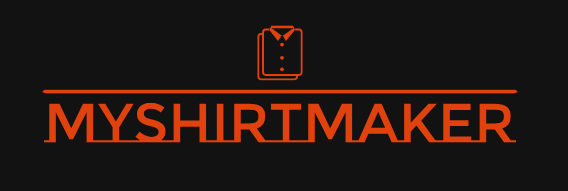Navigating the Modern Workplace Global Trends

The Rise of Remote and Hybrid Work Models
The pandemic dramatically accelerated the shift towards remote and hybrid work models. While some companies are reverting to traditional office setups, many have embraced the flexibility these models offer, leading to a more dispersed workforce. This necessitates new strategies for communication, collaboration, and team building, relying heavily on digital tools and fostering a strong sense of community despite geographical distance. Managers need to adapt their leadership styles to effectively supervise and support employees working outside the traditional office environment, emphasizing results over presenteeism. This shift also raises questions around work-life balance and the potential for burnout if not managed effectively.
The Growing Importance of Diversity, Equity, and Inclusion (DE&I)
DE&I is no longer a “nice-to-have” but a business imperative. Companies are increasingly recognizing the value of diverse perspectives and experiences in driving innovation and improving business outcomes. This translates into a focus on equitable hiring practices, inclusive leadership training, and the creation of a workplace culture where everyone feels valued and respected. Beyond simply ticking boxes, organizations are actively working to address systemic biases and create pathways for underrepresented groups to thrive. This includes initiatives aimed at improving pay equity, providing mentorship opportunities, and fostering employee resource groups.
The Impact of Automation and Artificial Intelligence (AI)
Automation and AI are transforming the workplace at an unprecedented pace. While concerns about job displacement are valid, these technologies also create new opportunities and enhance productivity. Companies are increasingly using AI-powered tools for tasks ranging from data analysis to customer service. This requires employees to adapt by developing skills in areas like data literacy, critical thinking, and problem-solving – skills that are less easily automated. Reskilling and upskilling initiatives are becoming crucial for individuals and organizations alike to navigate this changing landscape. The focus shifts towards human skills like creativity, empathy, and complex problem-solving, which are uniquely human capabilities.
The Demand for Specialized Skills and Upskilling Initiatives
The rapid pace of technological advancements means the demand for specialized skills is constantly evolving. Employers are seeking candidates with specific technical proficiencies, as well as individuals possessing strong soft skills like adaptability, communication, and teamwork. This underscores the importance of continuous learning and upskilling. Companies are increasingly investing in training and development programs to equip their employees with the skills needed to remain competitive. Individuals are also taking proactive steps to enhance their skill sets through online courses, boot camps, and other learning opportunities, making lifelong learning a necessity in today’s dynamic job market.
The Focus on Employee Wellbeing and Mental Health
The modern workplace is placing increasing emphasis on employee wellbeing and mental health. Recognizing the link between employee wellbeing and productivity, many organizations are implementing initiatives to support their employees’ mental and physical health. This includes offering employee assistance programs (EAPs), promoting work-life balance, and creating a supportive and inclusive work environment. Open discussions about mental health are becoming more prevalent, reducing the stigma associated with seeking help. This holistic approach not only benefits employees but also positively impacts organizational performance and retention rates.
The Importance of Cybersecurity and Data Privacy
With the increasing reliance on technology and the rise of remote work, cybersecurity and data privacy have become paramount. Companies are investing heavily in robust security measures to protect sensitive data from cyber threats. Employees also play a crucial role in maintaining cybersecurity by adhering to best practices, such as strong password management and awareness of phishing scams. Compliance with data privacy regulations, like GDPR and CCPA, is also crucial for organizations operating globally. This necessitates ongoing training and education for employees to understand their responsibilities in protecting sensitive information.
Navigating Global Collaboration and Communication
In today’s interconnected world, many companies operate across borders and time zones. Effective global collaboration and communication are essential for success. This requires overcoming cultural differences, establishing clear communication protocols, and leveraging technology to facilitate seamless interaction. Tools like video conferencing, project management software, and instant messaging are invaluable in fostering collaboration across geographical boundaries. Organizations are increasingly investing in intercultural training to equip employees with the skills necessary to navigate diverse work environments successfully. Understanding cultural nuances and communication styles is key to building strong relationships and achieving collective goals.
The Changing Nature of Leadership
The modern workplace demands a new style of leadership. Gone are the days of the autocratic manager; instead, effective leadership today emphasizes collaboration, empathy, and empowerment. Leaders need to be adaptable, agile, and able to navigate uncertainty. They must foster a culture of trust, transparency, and open communication. Mentorship and coaching are increasingly important aspects of leadership, empowering employees to develop their potential and contribute to the organization’s success. Developing strong emotional intelligence and the ability to build relationships are key attributes of effective leaders in the modern world. Read also about global work-life management.









